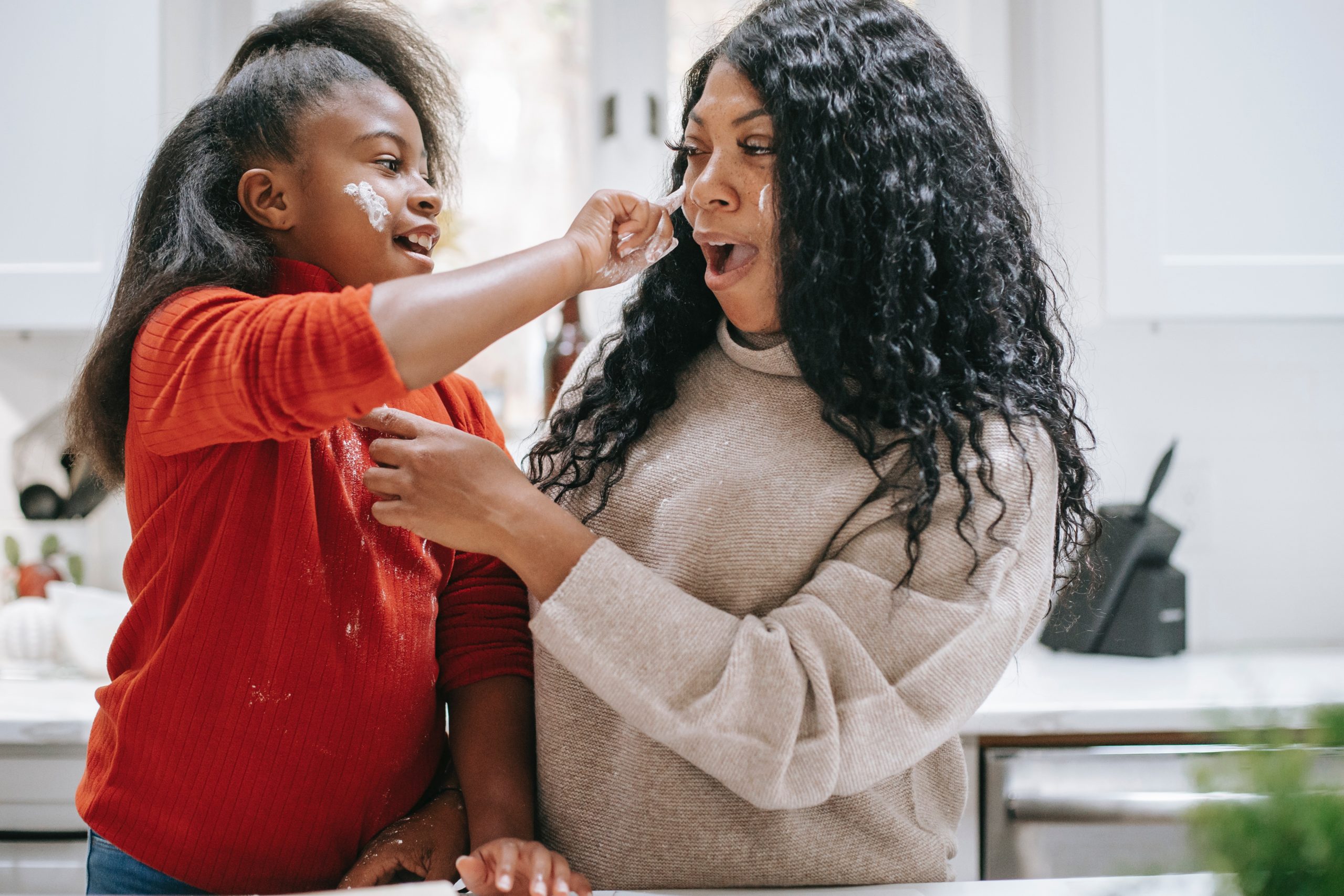
5 Criteria for Positive Parenting with Dr. Jane Nelsen
Are you looking for new methods to teach your child self-discipline, problem-solving skills, and cooperation? Punishments and permissiveness aren’t the answer, but positive discipline can be the solution you’re looking for.
In this article, we’ll explore the five criteria for positive parenting as well as useful phrases to use in day-to-day parenting situations.
Positive Parenting Criteria
Positive discipline tools and strategies must:
- Be kind and firm
- Help a child establish a sense of belonging
- Work with the long-term in mind
- Promote valuable social skills and life skills
- Instill a sense of “I’m capable” in the child
Be Kind and Firm
“When you’re kind, you’re respectful to the child. When you’re being firm, it’s respectful to the needs the situation,” says Dr. Nelsen.
- Too kind (and not firm enough) = too permissive
- Too firm (and not kind enough) = too controlling
Positive discipline finds the balance between being too permissive and too controlling.
Helping Your Child Establish a Sense of Belonging
We all want to feel a sense of belonging and significance. If children don’t feel significant, they might look for this sense of significance in the wrong places: revenge, giving up, or undue attention through negative behaviors, etc.
Focusing on Long-Term Goals
Punishments may work in the short-term, but punishments may have a negative impact for the long-term. Studies show that physical punishments have negative long-term effects, including increased aggression, increased risk of depression, lower intellectual achievement, poor parent-child relationship, and increased negative self-talk.
On the other hand, positive discipline is associated with positive long-term goals, including stronger parent-child relationship, better academic achievement, decreased risk of depression, increased positive self-talk, and more positive social skills.
Promoting Valuable Skills
Positive discipline methods can teach self-soothing skills, problem-solving skills — all valuable skills that benefit your child for the years to come.
Instill a Sense of “I’m capable” in the child
When your child feels capable, it sets your child up for a successful and bright future. This helps to build a growth mindset. You can learn more about growth mindset in this article: “What Is a Growth Mindset?”
10 Positive Parenting Phrases to Use with Your Child

Positive discipline is parenting philosophy based on empathy, a good relationship between parent and child, and freedom within limits. Everything you do is based on cool confidence, responding (not reacting) to your child, establishing (and keeping) limits, and doing all of this in a positive, warm atmosphere.
Positive parenting isn’t punitive; your child is learning to be a human. It’s not you versus your child.
You’re on the same team.
Positive discipline can be applied to any situation in your home. If you’re new to positive discipline, here are 10 phrases to try when dealing with a variety of scenarios.
- “Please talk quietly.” (Note: instead of using a demanding phrase like “No shouting!”, this is a positive request to please do something (in this case, talking) in a specific way.)
- “I completely understand why you would feel frustrated. It sounds like you were hoping we could go get a tasty treat after your online class.”
- “I really want to give you my full attention, and I’ll be able to do that in about 10 minutes when I’m finished washing these dishes.”
- “How can I help you through this?”
- “Let’s take a deep breath.“
- “That was really scary (sad/disappointing/frustrating); it’s okay to cry.”
- “I get angry too, and that’s okay, but we need to remember to follow the safety rules.”
- “Would you like to try it on your own first?”
- “Can you please open your mouth?” (For instance, if you’re helping your child brush his/her teeth, note how kind this request is. Avoid “open your mouth now” as that isn’t very kind. If your child resists help and you must brush his/her teeth, you can continue to apply positive statements such as “I know you don’t enjoy this. I hear that you’re upset, but brushing your teeth is very important because…” )
- “We all make mistakes. What did you learn here?”
- “It’s okay to feel how you feel.” (You can learn more about emotional regulation here.)
- “What do you need to do before we’re ready to leave?”
- “I really like the way you handled that situation. It made a big difference.”
- “Can you try that again?”
What happens when your child resists? Resisting brushing teeth, getting dressed, or getting ready for school can be trouble spots for many parents. Preventive measures can go a long way in avoiding a potential headache. Schedules, routines, and lots of heads up can help your child cooperate. If your child still isn’t thrilled about X, Y, Z, remember to demonstrate empathy. Kids want to know their feelings are validated.
For example, you might say, “I see that you really don’t want to attend school today. I’m going to go finish making your lunch, then we can get set up for school together.” Sometimes, hearing that their emotions are heard and validated is all it takes.
Positive Discipline & ADHD
At Next Step 4 ADHD, we have board-certified physicians and doctorate-level psychologists who specialize in diagnosing and treating ADHD. Not only do we treat children with ADHD, but we also support parents on this journey too. Whether you need parent coaching or additional resources, we can guide you with your next steps.
Call us at 502-907-5908 or use this form to book an appointment with one of our specialized physicians or therapists.
If you don’t get help from us, seek help from someone with significant experience and expertise in treating ADHD.
Related Posts
5 Strategies to Reduce Stress in Your Home
If your child's school year looks different than what you anticipated, you're...
ADHD, Christmas, and Bedtime Routines! Oh My!
Bedtime battles are tricky enough for a child with ADHD, but the added...


